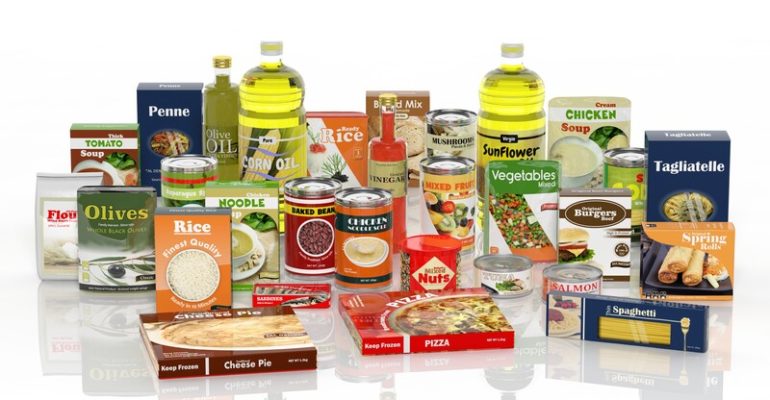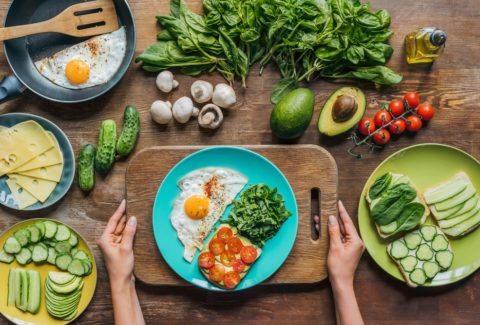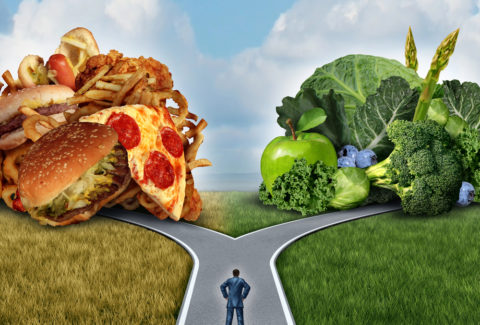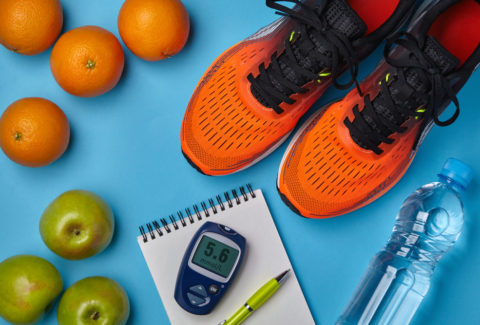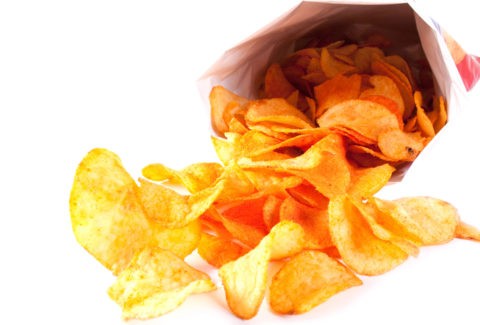Ultra-Processed Food as the New Gateway Drug
When we think of gateway drugs, our minds often jump to substances like marijuana or tobacco. However, in today’s world, there’s a new gateway drug in town, and it’s lurking on the shelves of our supermarkets and convenience stores. Ultra-processed foods, with their addictive ingredients and impact on our health, are emerging as a concerning gateway to a cascade of unhealthy lifestyle choices. In this article, we explore the concept of ultra-processed food as a new gateway drug and its implications on public health.
Understanding Ultra-Processed Foods
Ultra-processed foods are industrial formulations typically containing little or no whole foods. They are loaded with additives, preservatives, artificial flavors, and high levels of sugar, salt, and unhealthy fats. Common examples include fast food, sugary cereals, soda, and a wide array of packaged snacks.
The Gateway Effect[1]
Highly Palatable and Addictive:
Ultra-processed foods are designed to be irresistible. They often contain a combination of sugar, fat, and salt that triggers the brain’s reward center, leading to overconsumption. This addictive quality can pave the way for an unhealthy relationship with food.[2]
Health Consequences:
The consumption of ultra-processed foods is linked to various health problems, including obesity, diabetes, cardiovascular disease, and even some forms of cancer.[3] These health issues can serve as a gateway to more serious and chronic health conditions.
Dietary Patterns:
Regular consumption of ultra-processed foods can lead to a cascade of poor dietary choices. People who consume these foods are more likely to skip nutritious meals, opt for fast food, and continue making unhealthy dietary choices.[4]
Psychological Factors:
Over time, the reliance on ultra-processed foods can affect one’s mental state.[5] The quick-fix satisfaction they provide can create an emotional dependence on food to cope with stress, boredom, or other emotional triggers.
Breaking the Cycle
Education and Awareness:
Recognizing the gateway effect of ultra-processed foods is the first step. As clinicians, we can help promote public awareness campaigns to educate our clients and others about the dangers of these products and the importance of mindful eating.[6]
Nutritional Literacy:
Clinicians can learn to teach others about nutrition, reading food labels, and making informed choices. They can encourage cooking at home with fresh, whole ingredients.[7]
Policy Changes[8]:
Clinicians can advocate for policies that limit the marketing and availability of ultra-processed foods, particularly to children. We can help implement taxes or warning labels to discourage their consumption.
Support Systems:
Developing support systems for individuals struggling with unhealthy eating habits and encouraging the development of healthy coping mechanisms for stress and emotional well-being are essential steps.[9]
Ultra-processed food has evolved into a new gateway drug, luring individuals into a vicious cycle of unhealthy dietary choices and potential health issues. It is vital to recognize this issue and address it with comprehensive solutions that include education, policy changes, and support systems. By doing so, we can mitigate the gateway effect of ultra-processed foods and help people make healthier choices for themselves and future generations. In the battle for public health, it’s time to confront this new gateway drug head-on and lead society toward a path of better nutrition and well-being.
Take action now:
- Join our self-study course on Physical Wellness Certificate Course, equipping yourself with fundamental knowledge to support your patients, clients, and those in your circle.
- Enroll in our self-study courses on Behavior Change and Modification, empowering you with tools to assist your patients and clients in achieving the meaningful changes they desire in their eating patterns.
- Enroll in our self-study course on New Psychotherapy Certificate Course, gaining insights into helping your clients overcome unconscious barriers and obstacles that hinder the initiation or sustainability of desired habits related to eating.
Most importantly, clinicians or agencies, reach out to us. Share your needs and let us tailor our assistance to best serve the clients you support. Allow us to be a valuable resource for you.
[1] Blanco-Gandia, M. Carmen, Macarena Gonzalez-Portilla, and Marta Rodriguez-Arias. “Diet, drugs, and the brain: Are ultra-processed foods a gateway to addiction?.” Metode Science Studies Journal 11 (2021): 139-145.
[2] Schiestl, Emma T., et al. “A narrative review of highly processed food addiction across the lifespan.” Progress in Neuro-Psychopharmacology and Biological Psychiatry 106 (2021): 110152.
[3] Fuhrman, Joel. “The hidden dangers of fast and processed food.” American journal of lifestyle medicine 12.5 (2018): 375-381.
[4] Srour, Bernard, and Mathilde Touvier. “Processed and ultra-processed foods: coming to a health problem?.” International Journal of Food Sciences and Nutrition 71.6 (2020): 653-655.
[5] Cummings, Jenna R., et al. “Highly processed food intake and immediate and future emotions in everyday life.” Appetite 169 (2022): 105868.
[6] Popkin, Barry M., et al. “Towards unified and impactful policies to reduce ultra-processed food consumption and promote healthier eating.” The Lancet Diabetes & Endocrinology 9.7 (2021): 462-470.
[7] Jones, Julie Miller. “Food processing: criteria for dietary guidance and public health?.” Proceedings of the Nutrition Society 78.1 (2019): 4-18.
[8] Gibney, Michael J. “Ultra-processed foods: definitions and policy issues.” Current developments in nutrition 3.2 (2019): nzy077.
[9] Story, Mary T., and Emily Duffy. “Supporting healthy eating: Synergistic effects of nutrition education paired with policy, systems, and environmental changes.” Nutrition education: Strategies for improving nutrition and healthy eating in individuals and communities. Vol. 92. Karger Publishers, 2020. 69-81.

